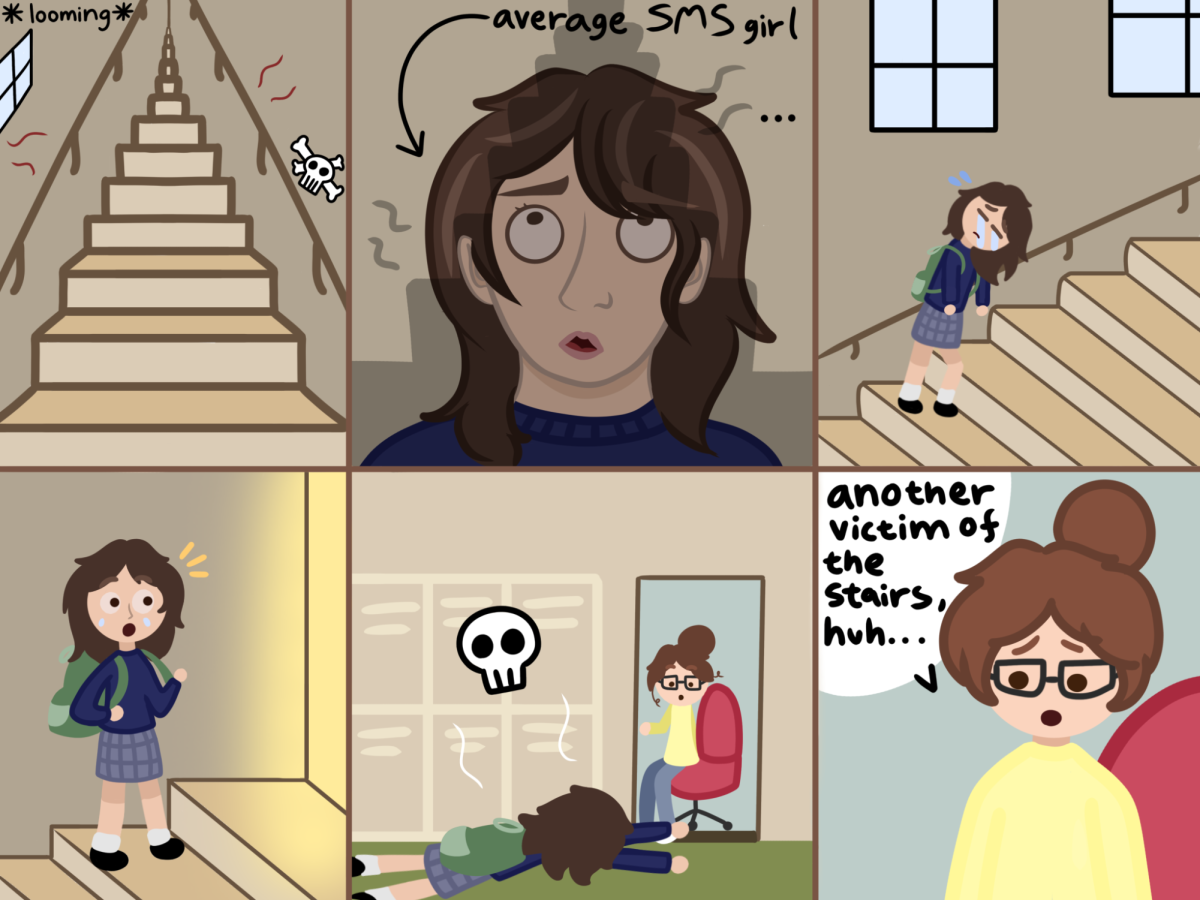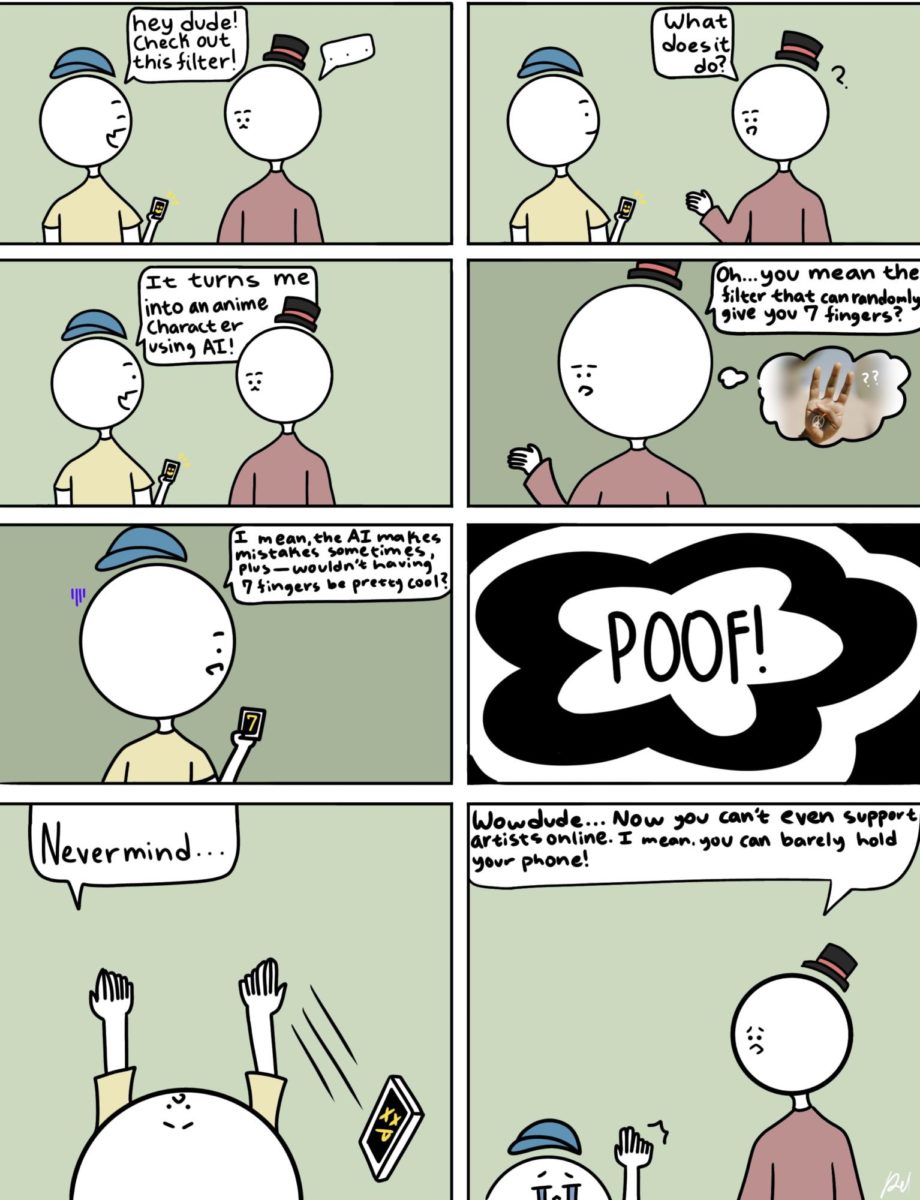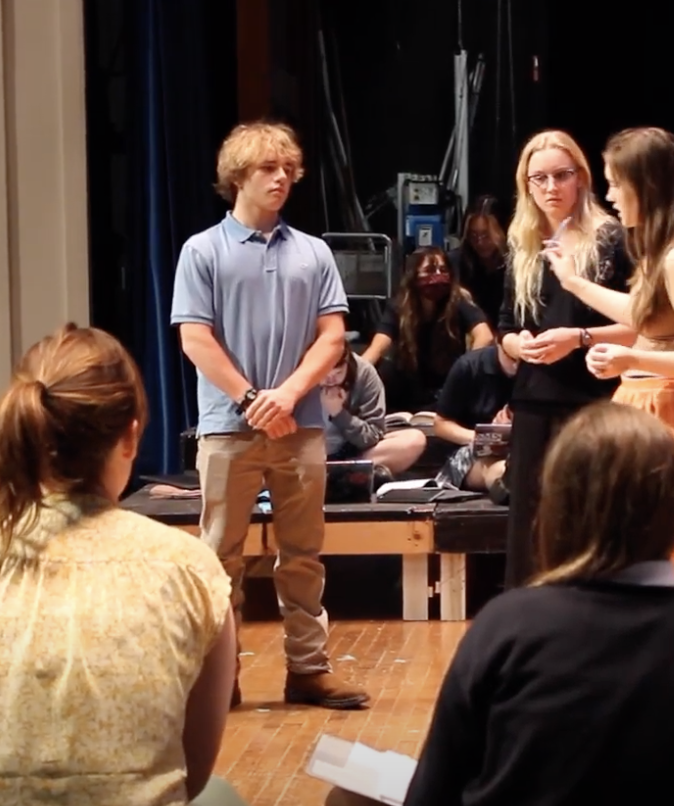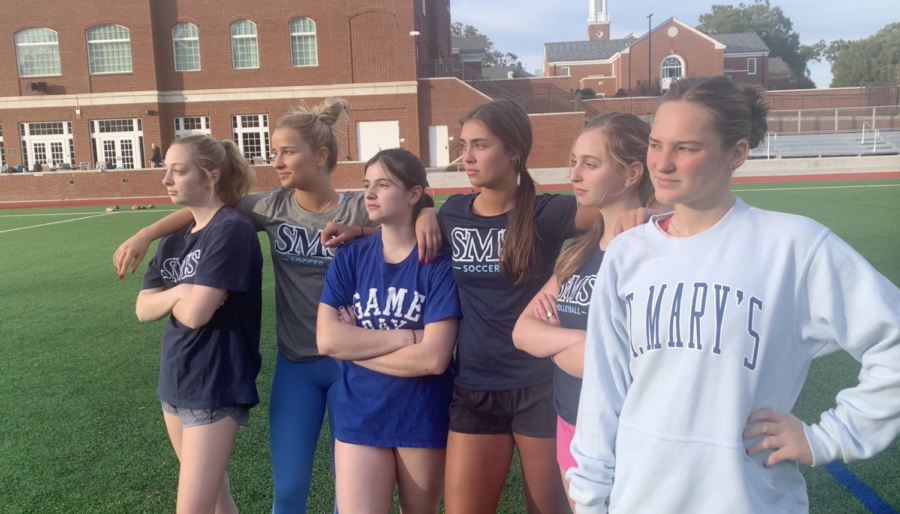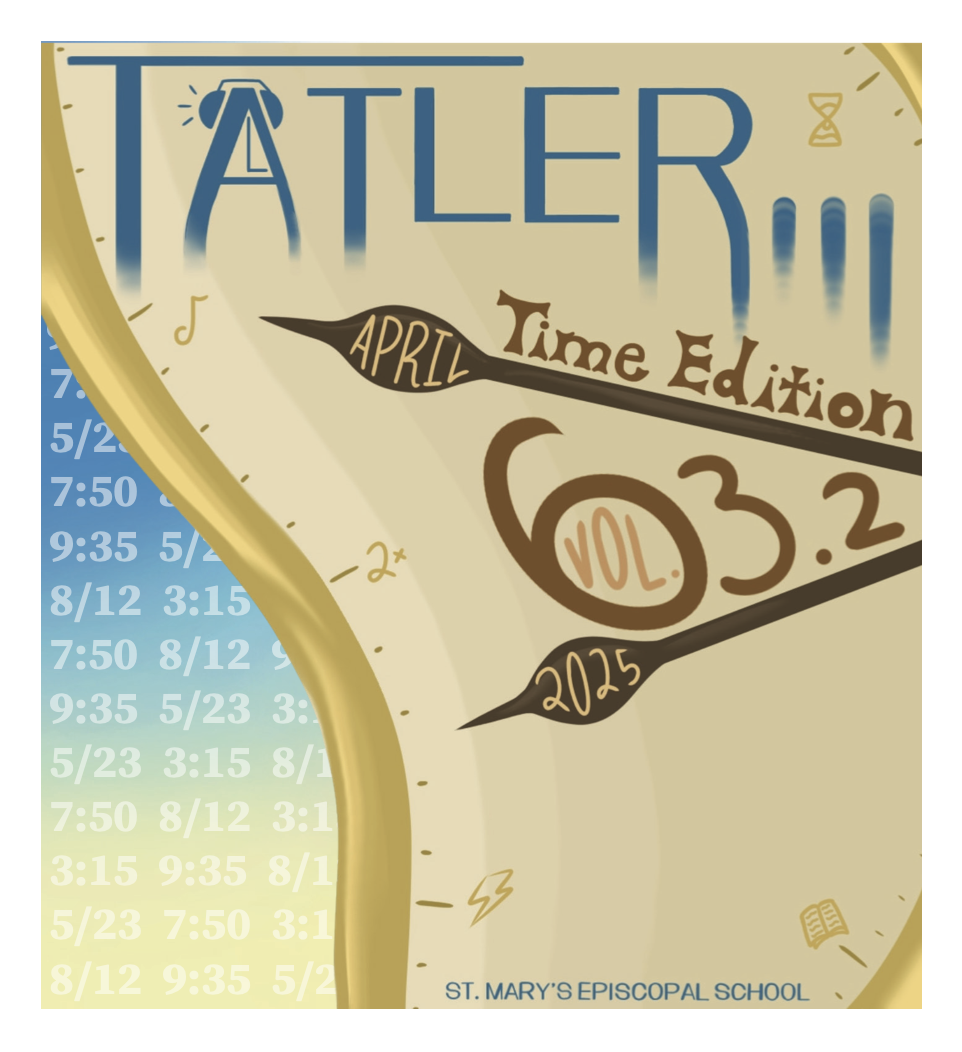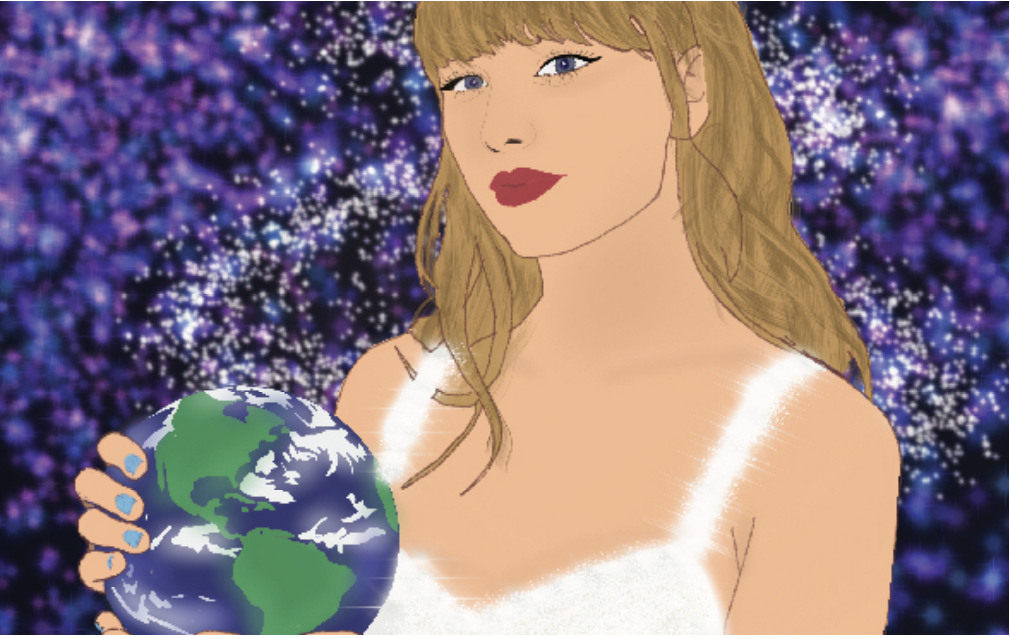She’s on billboards, every news channel and even Sunday Night Football. She’s on small children’s backpacks, pillows and credit card advertisements. Taylor Swift is everywhere.
As she has nearly 300 million Instagram followers and was recently named Time’s Person of the Year for 2023, it is safe to say that Swift is one of the most famous celebrities of our generation and possibly of all time. But has her immense popularity created a monster?
When 96 St. Mary’s students were polled about the media coverage of Swift, 52.6% said that it was excessive, with many citing invasions of privacy as the primary reason.
Every move Swift makes is covered by the media, and while we are more than supportive of the promotion of Swift’s music and talent, the way her fame has molded her into an idol is less than ideal. Swifties, the name given to her fanbase, latch on to her easter eggs and coded teasers. They religiously track her movements and posts to explore all of their hidden meanings.
Despite managing a busy schedule, Swift has an amazing amount of interaction with her fans. However, at times, it seems as if the relationship becomes parasocial, meaning the relationship is often one-sided as the other person, in this instance the celebrity, is blissfully unaware. Because of this many Swifites could feel closer to Swift than they are.
In August 2023, one Swiftie, a 43-year-old man, Ashley Arbour, broke into Swift’s New York home claiming that it was because “She is truly the only one that understands [him].” Thankfully, Arbour was arrested by the NYPD and was charged with two counts of trespassing.
Furthermore, in instances when Swift might be facing controversy for valid reasons, her fans are quick to jump to her defense.
For example, when Swift was revealed to have released carbon emissions nearly 2,000 times that of the global average, Swifties were rushed to defend her from those who were criticizing her large contribution to the world’s growing climate issue, claiming her emissions were so high because her selfless loan of her planes to her friends or her inability to fly on a commercial flight for safety reasons.
But even if the claims about Swift lending out her plane are true, she is still responsible for the consequences of these emissions. Something many fans never admitted to seeing.
Although it seems harmless, idolizing and forming parasocial relationships with celebrities is harmful to both the celebrity and the one idolizing. When we place celebrities on these pedestals, we are unintentionally burdening them with unrealistic standards. These standards are rarely met by celebrities, and fans are often left with hopelessness caused by the misdeeds of their “gods.”
We have seen this in our own Memphis community with Ja Morant. Morant is revered by the city because of the success he has brought to the Memphis Grizzlies. However, for Morant, the idolization began to waver following incidents involving a gun. Fans and critics alike have expressed their disappointment for Memphis’s star player, and his run-ins with the law have caused his reputation to be diminished. He is no longer considered the Grizzlies golden boy by many. If we didn’t hold Morant to this unattainable standard, the backlash he faced would not have been as negative nor would it have deeply disappointed as many people.
Swift directly addresses how unrealistic standards from fans have negatively impacted her in the documentary “Miss Americana,” which documents Taylor’s career in the public eye. Yet, some fans persist with their unrealistic ideals.
“[Musicians] are people who got into this line of work because we wanted people to like us, because we were intrinsically insecure because we liked the sound of people clapping because it made us forget how much we feel like we’re not good enough,” Swift said. “And I’ve been doing this for fifteen years, and it’s just, I’m tired of it… It feels like it’s more than music now at this point… It just gets loud sometimes.”
We must continue to remember that although they might appear like gods to some, celebrities are ultimately human and should be treated as such. Although Swift is fully aware of her position in the public eye, she still deserves the right to keep some parts of her life private, and fans need to learn how to respect this. There is no harm in expressing love and admiration for a celebrity, but fans must keep in mind that celebrities share many of the same emotions and feelings that we do and are not just objects intended to provide us with entertainment. If fans learn to respect celebrities’ boundaries, the relationship between celebrities and fans would change for the better.




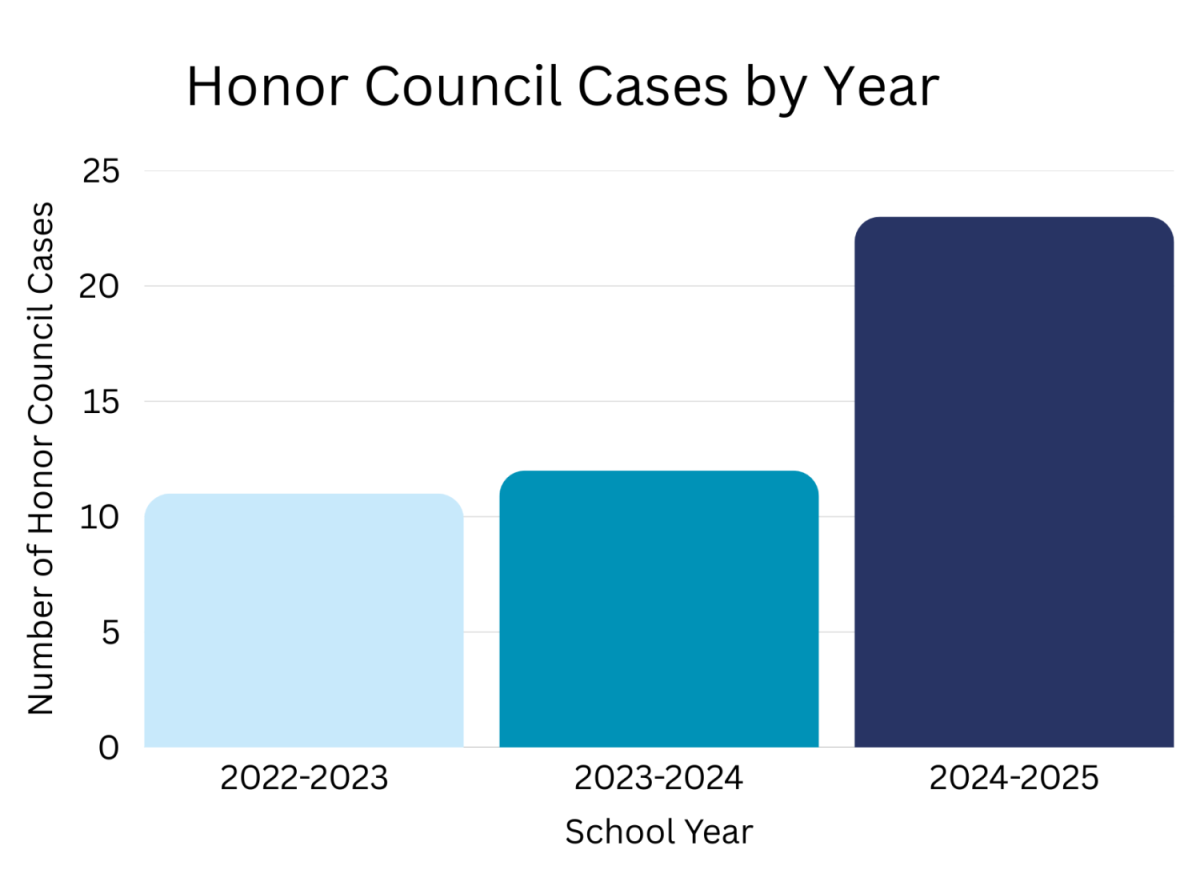




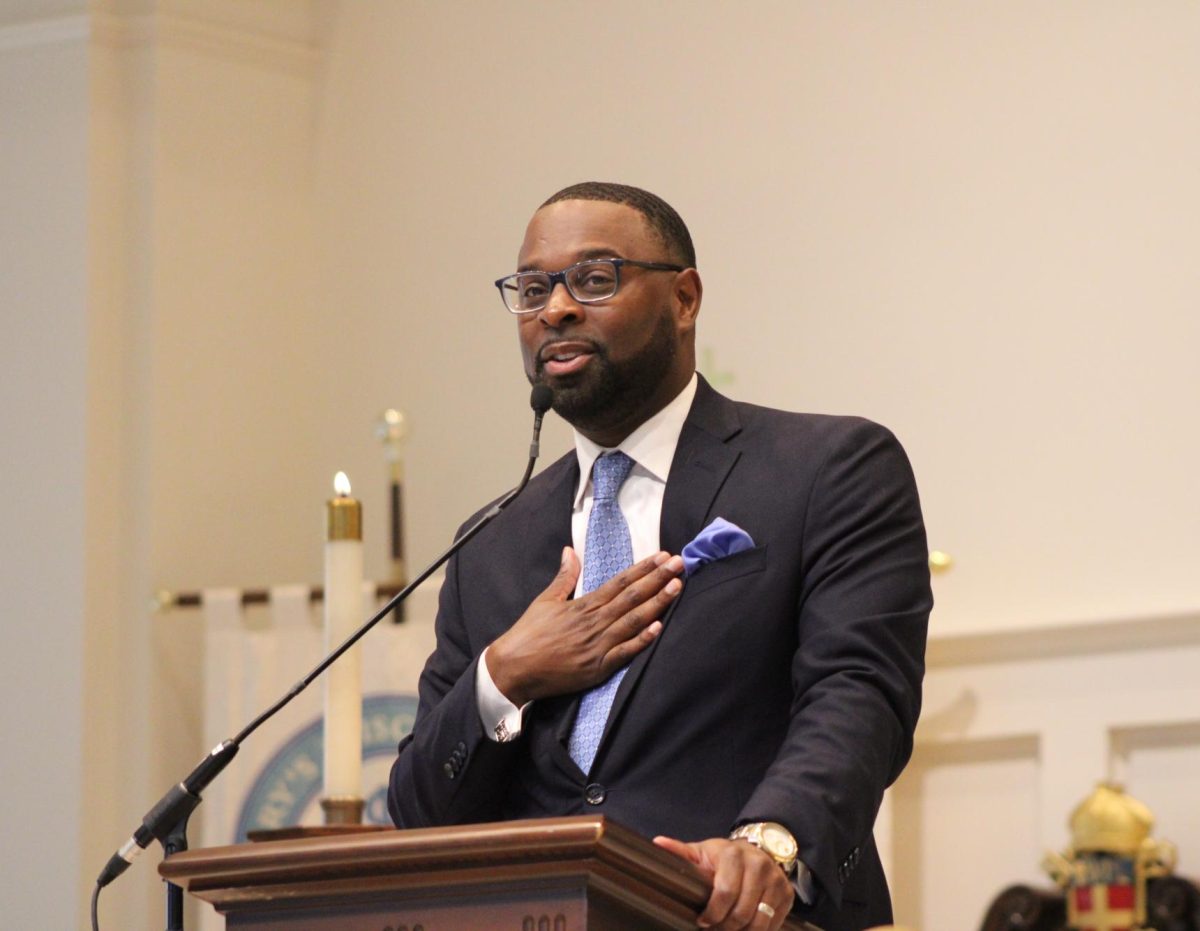
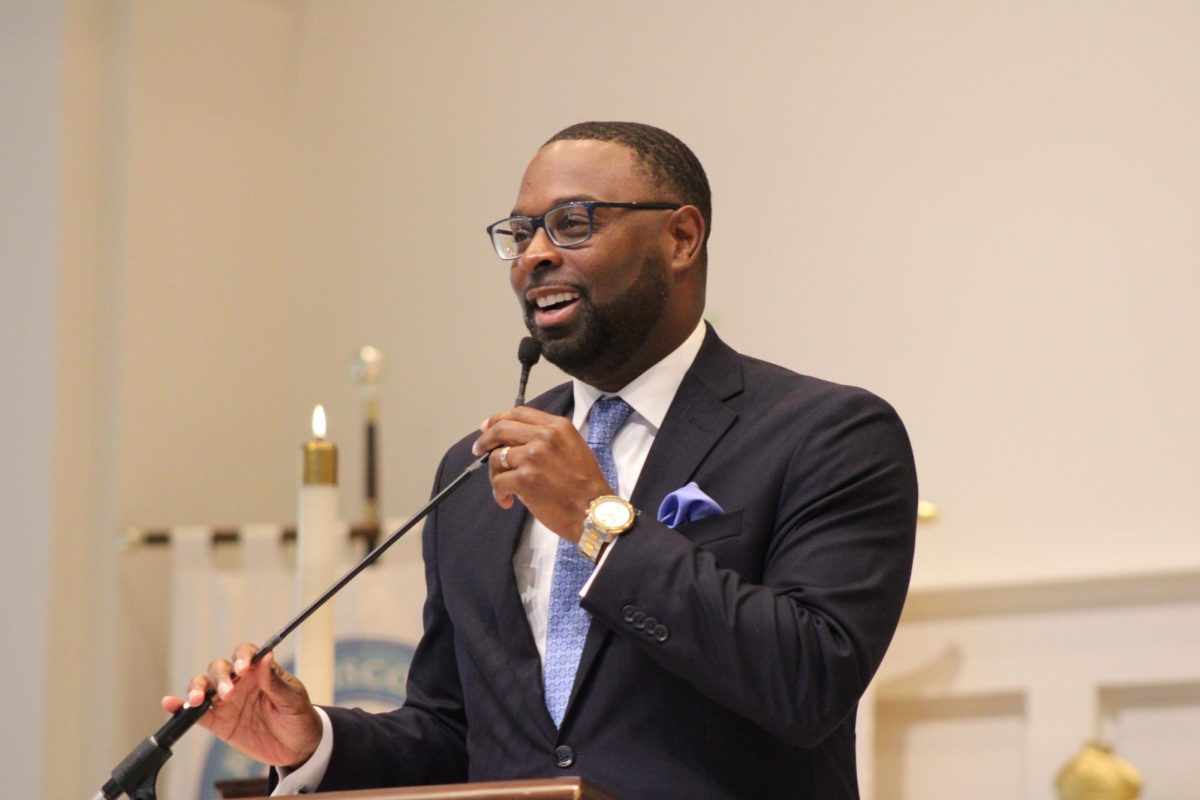







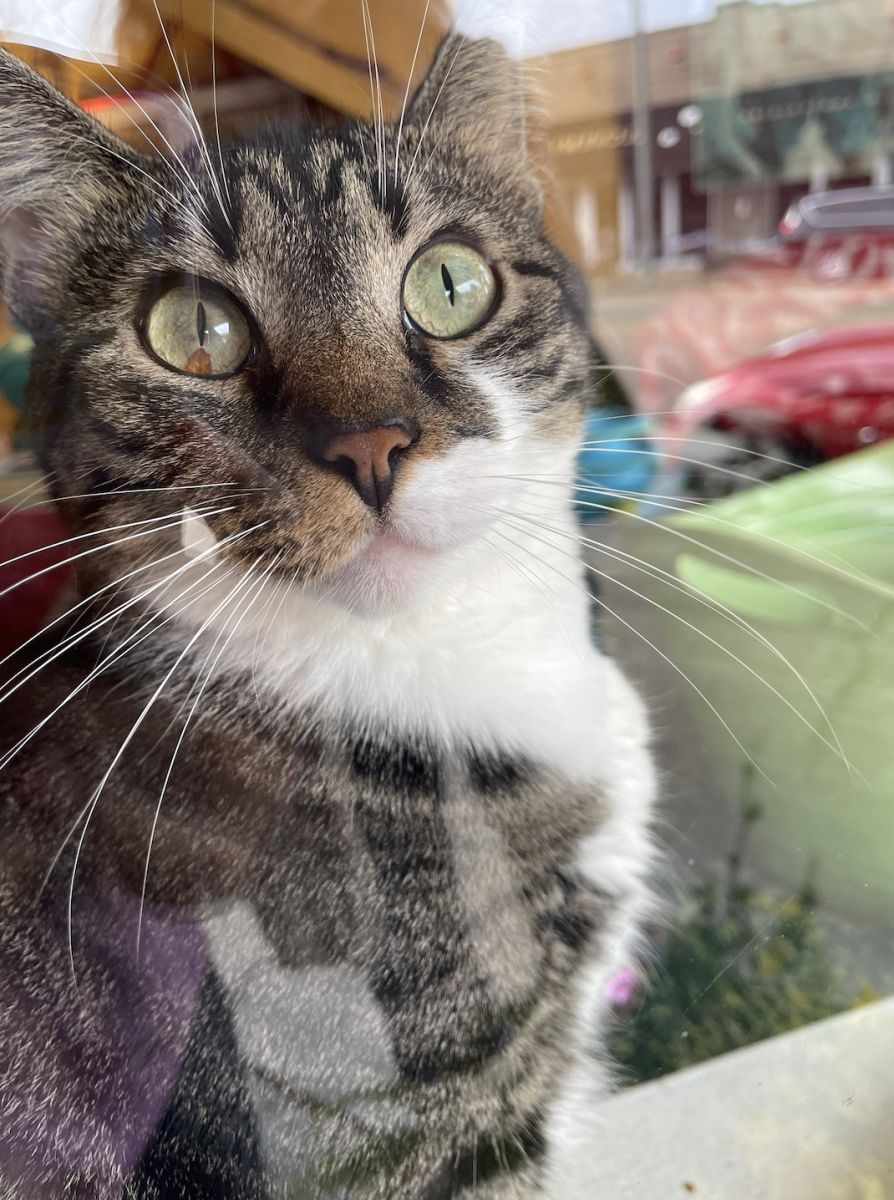

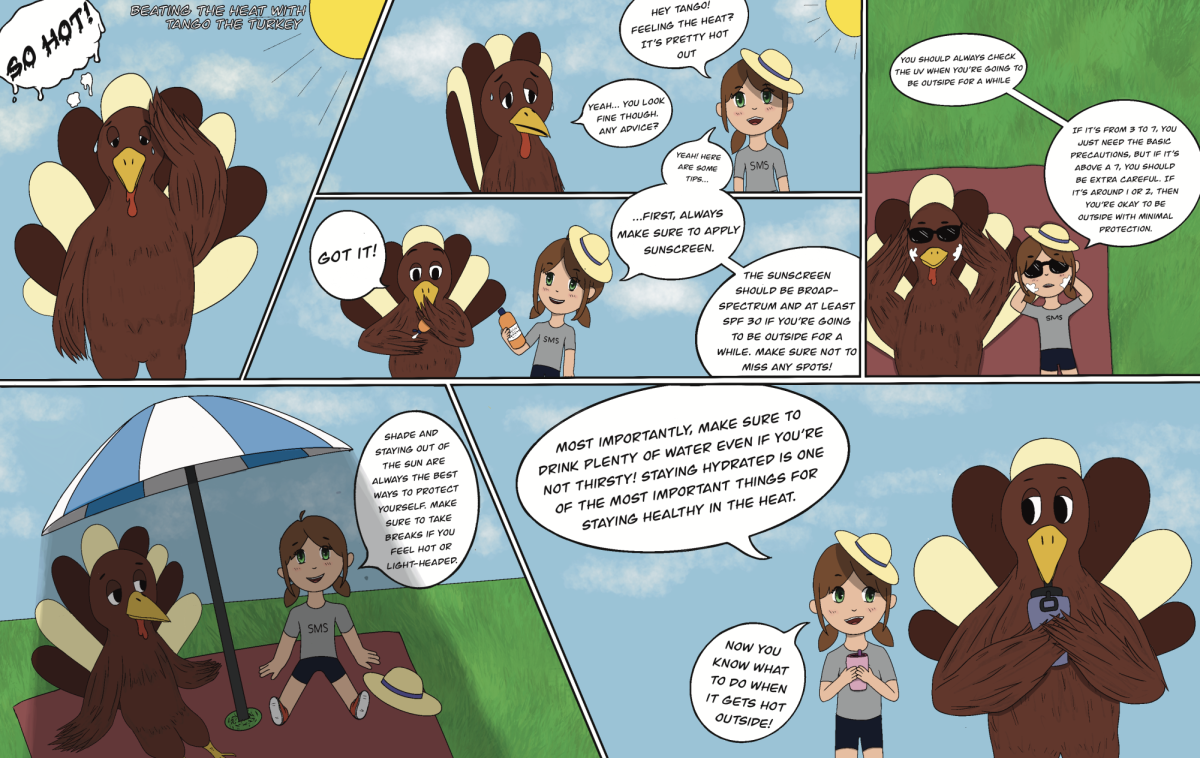

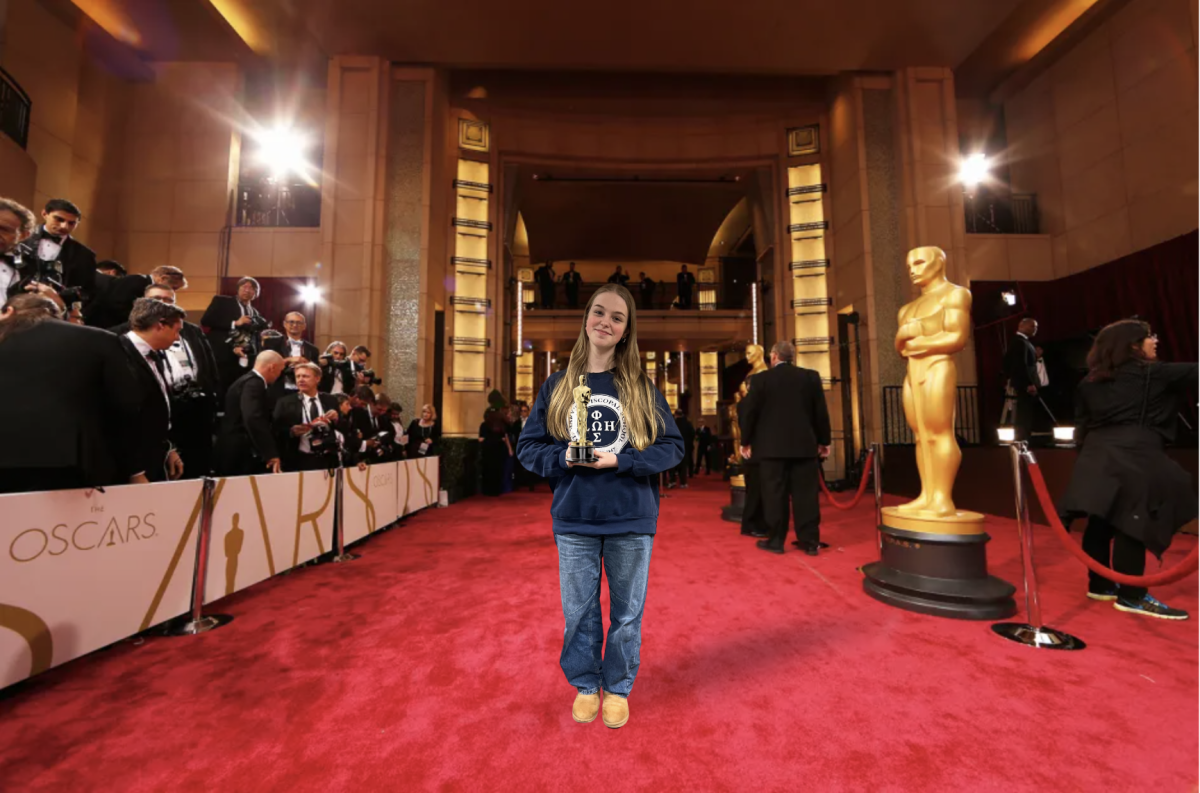


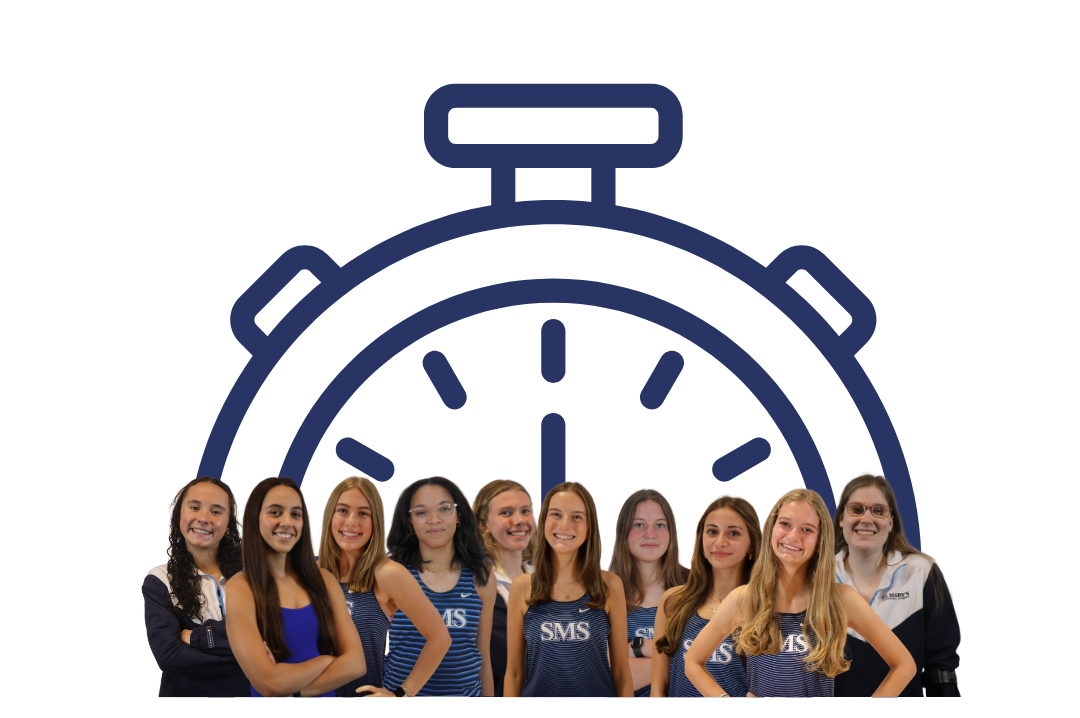


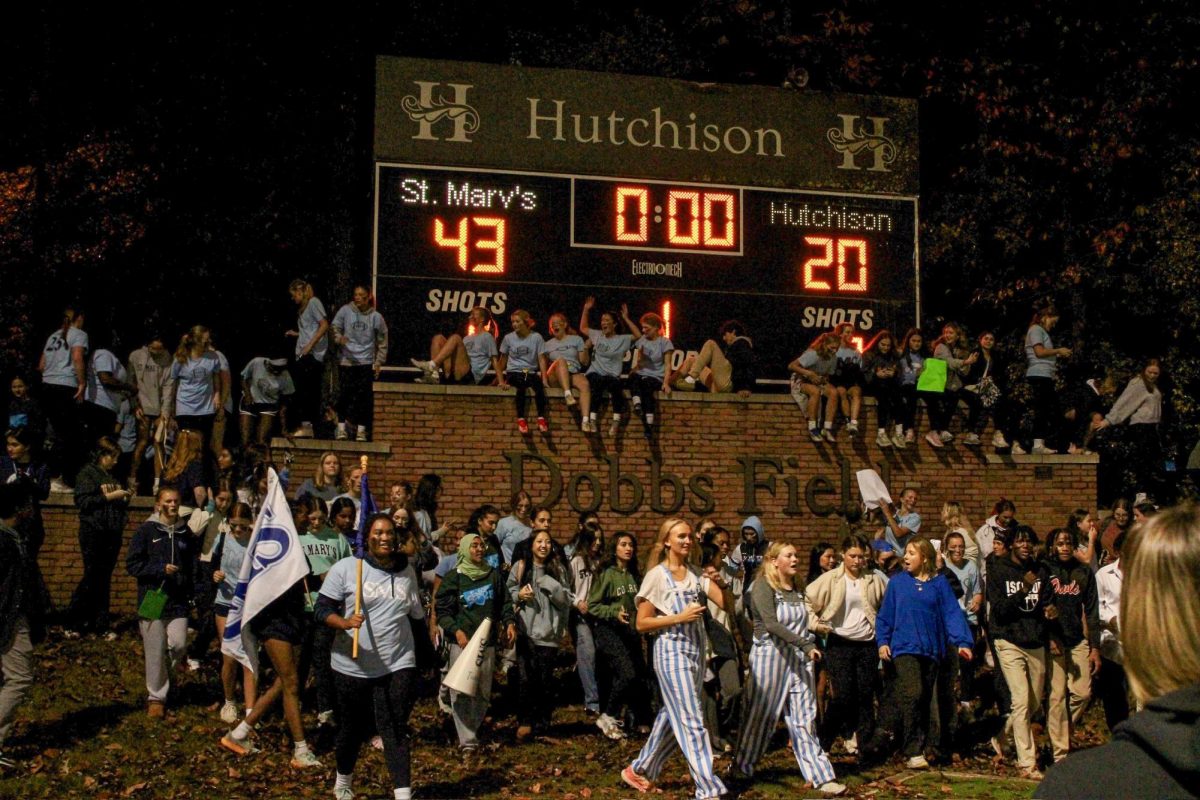

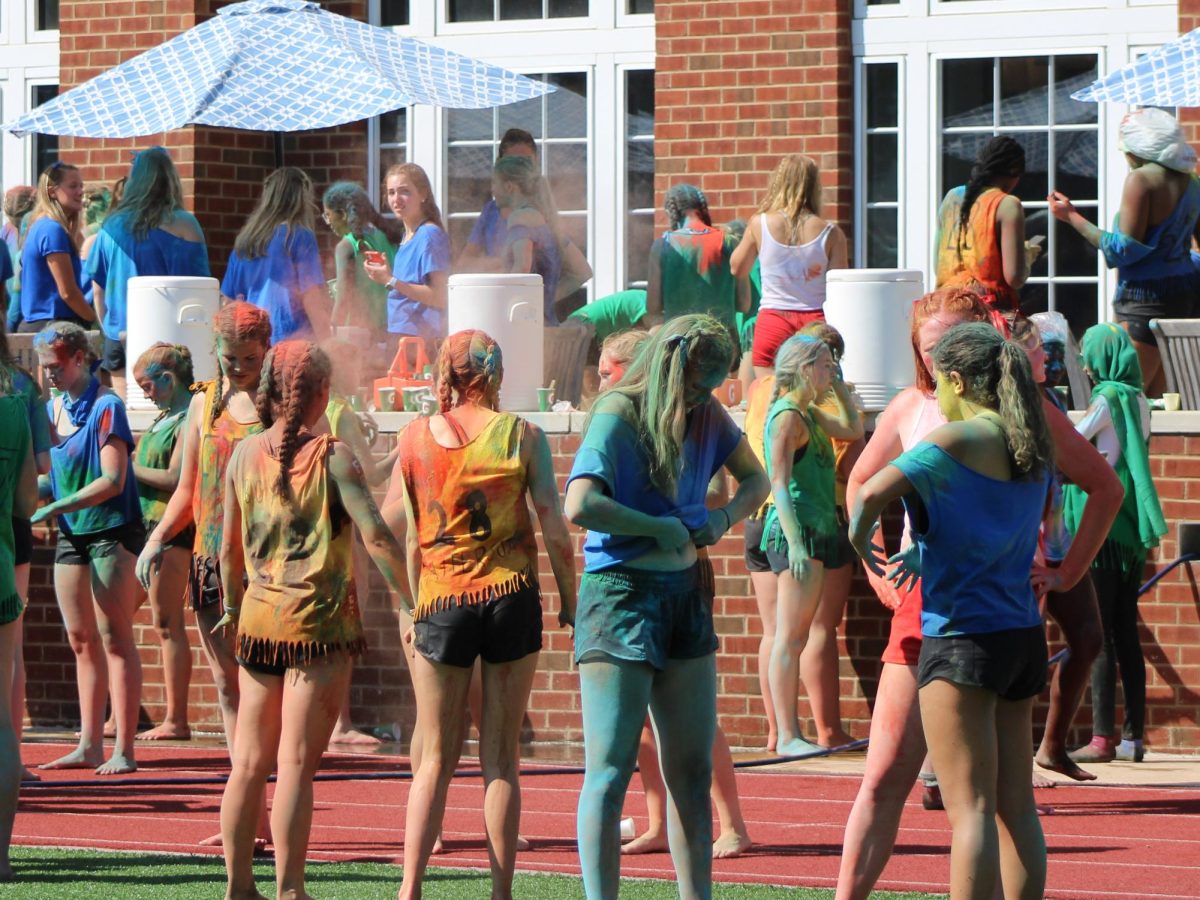
![[GALLERY] Walking in (Downtown) Memphis](https://stmarystatler.org/wp-content/uploads/2024/04/E1DAD3FE-E2CE-486F-8D1D-33D687B1613F_1_105_c.jpeg)
